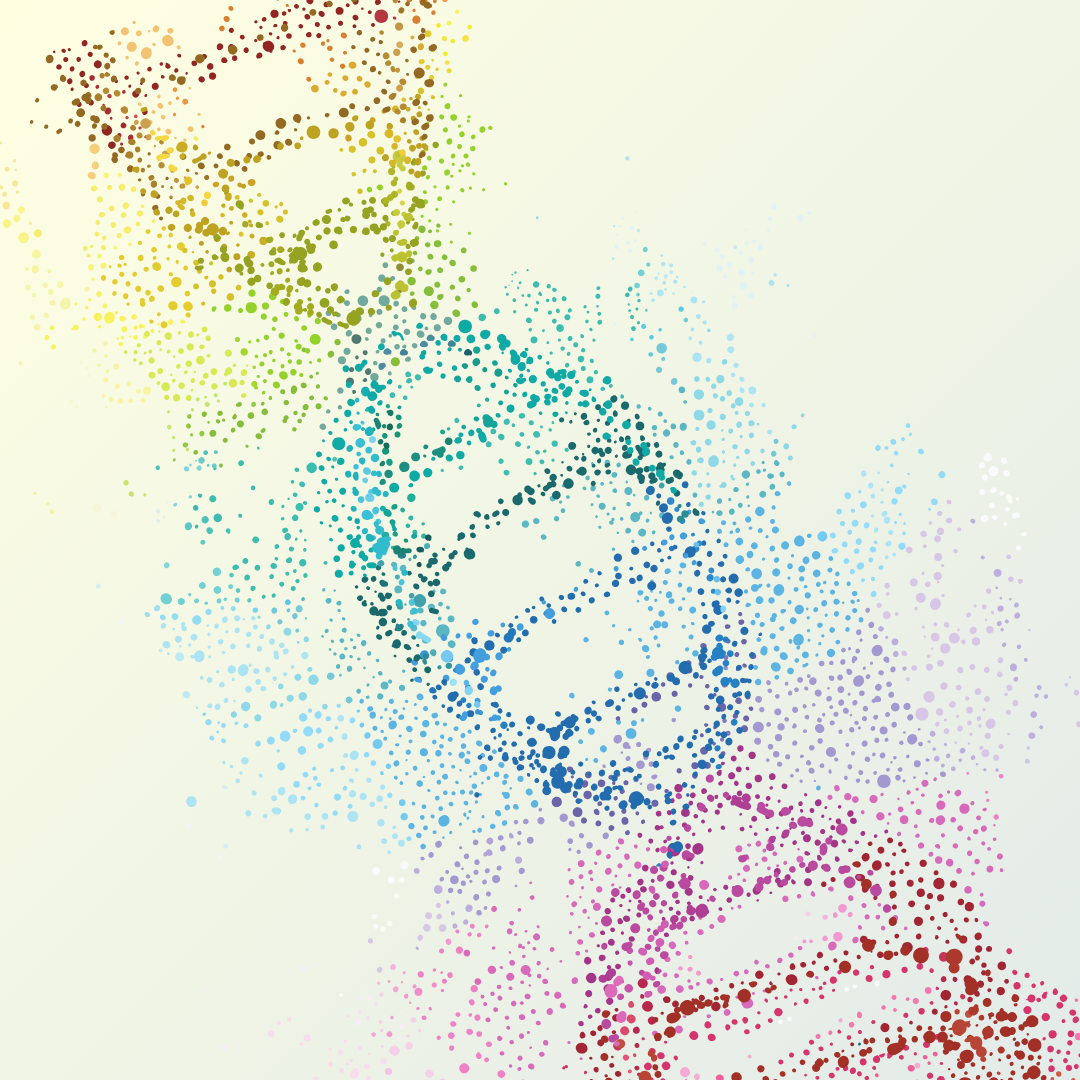Disabled Bodies and Enabling The Creation of The Medical Genetics Profession
By Robert Resta,
The DNA Exchange
| 07. 22. 2024
Medical geneticists and genetic counselors have an often complicated and at times tense relationship with people with disabilities, their families, advocates, and scholars. Geneticists are strong advocates and supporters for all of their patients, regardless of their abilities and disabilities. Although people with disabilities should not be viewed as a homogenous group with no variation in attitudes and beliefs, a visit to a genetics clinic can make patients feel very “other” when they are analyzed, catalogued, measured, and examined to determine just how different they are, to find out what’s “wrong” with them. Many patients and advocates – though by no means all – view prenatal testing as an existential threat. To better understand this situation, a look at the historical origins of medical genetics can shed some light on this dynamic.
The medical genetics specialty began to cohere and develop in the decades between the 1940s and 1970s. Its roots go back before 1940, mostly in the form of eugenics. The term “medical genetics” was introduced in the early 1930s*, likely independently, by the eugenics-minded Madge Macklin, then at...
Related Articles
By Peter Wehling, Tino Plümecke, and Isabelle Bartram
| 03.26.2025
This article was originally published as “Soziogenomik und polygene Scores” in issue 272 (February 2025) of the German-language journal Gen-ethischer Informationsdienst (GID); translated by the authors.
In mid-November 2024, the British organization Hope not Hate published its investigative research ‘Inside the Eugenics Revival’. In addition to documentating an active international “race research” network, the investigation also brought to light the existence of a US start-up that offers eugenic embryo selection. Heliospect Genomics aims to enable wealthy couples to...
By Dalton Conley, The New York Times | 03.13.2025
Since Francis Galton coined the phrase “nature versus nurture” 150 years ago, the debate about what makes us who we are has dominated the human sciences.
Do genes determine our destiny, as the hereditarians would say? Or do we enter...
By Jamie Ducharme, TIME | 03.06.2025
After struggling for eight years to have a baby, Shannon Petersen and her husband decided to try in vitro fertilization (IVF) in 2022. Their fertility doctor recommended a test that sounded like exactly what they needed. It promised to help...
By Jason Wilson, The Guardian | 03.03.2025
A natalist conference featuring speakers including self-described eugenicists and promoters of race science, apparently including the man behind a previously pseudonymous race-science influencer account, and the founder of a startup offering IQ screening for IVF embryos, will be held at...




